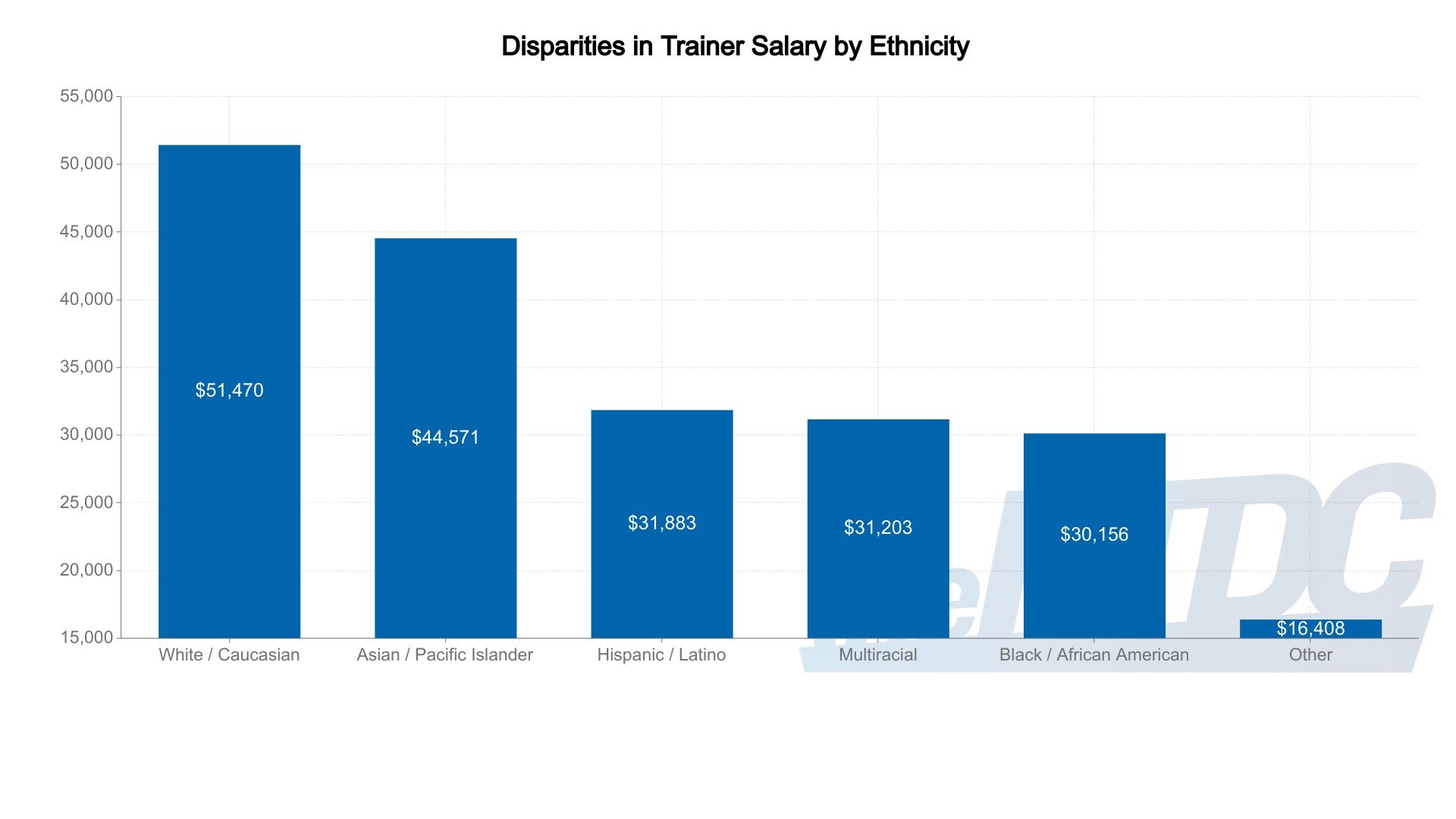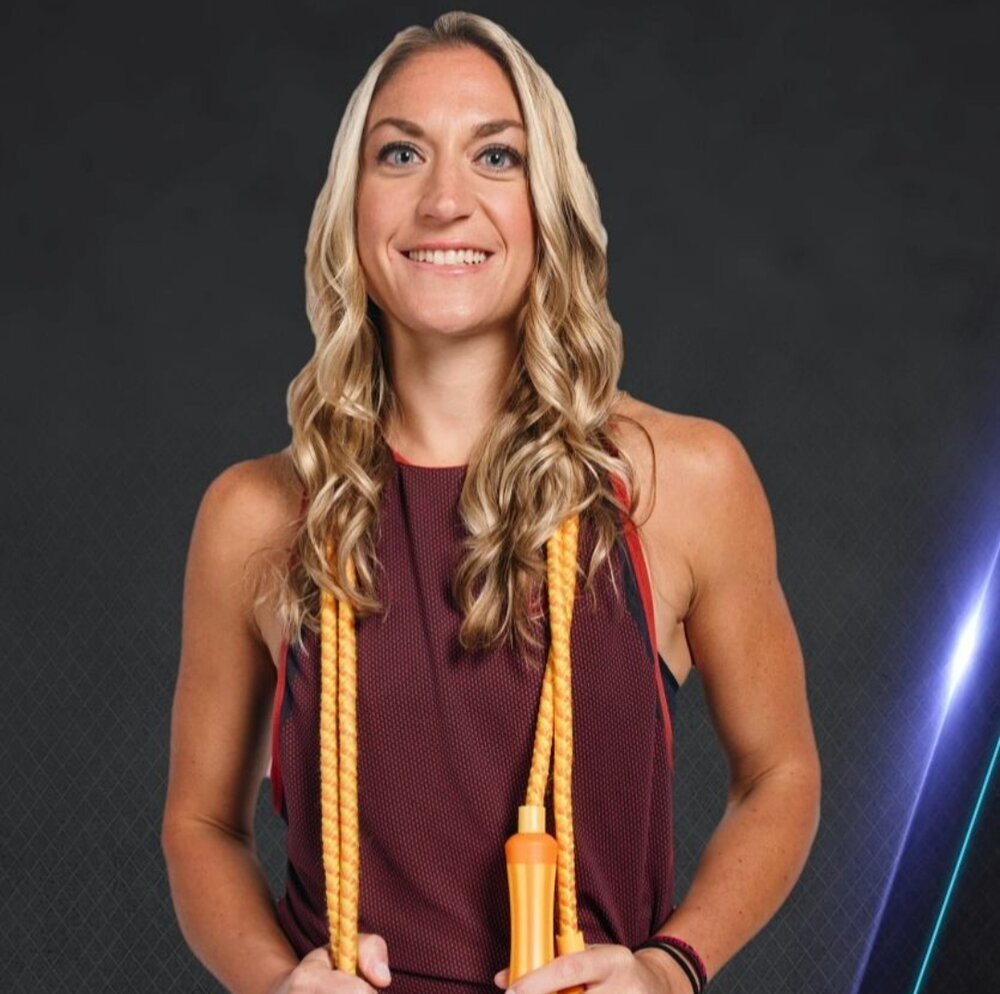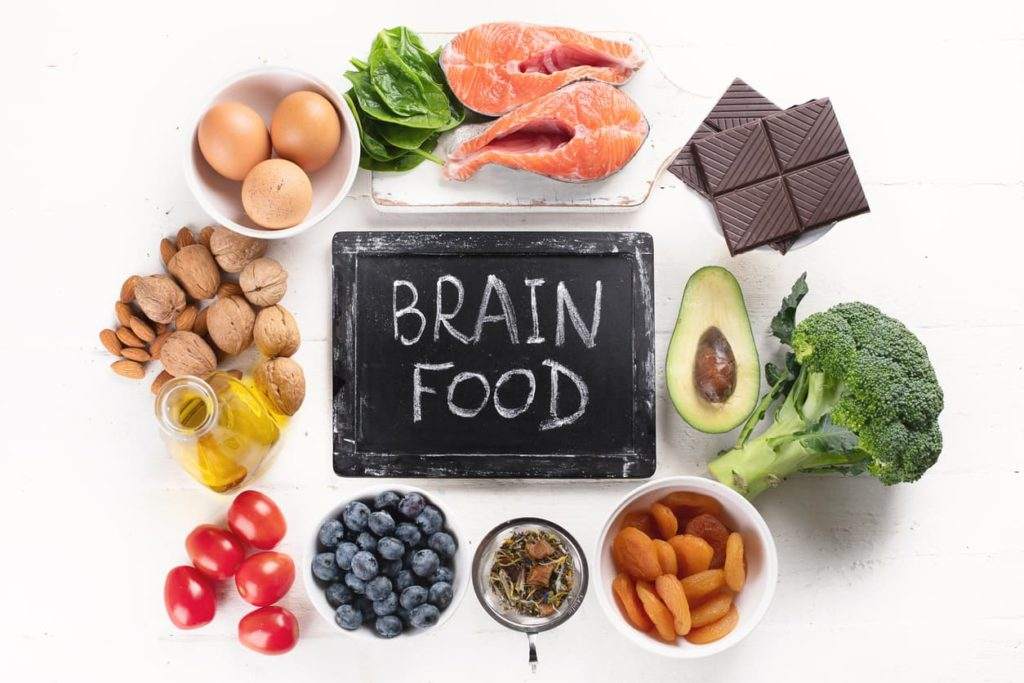For those of us trying to live a healthy lifestyle, it can be hard to know which diet to choose. Should you try keto, paleo, Whole30, vegan, gluten-free, intermittent fasting, intuitive eating, or some combination of all or none of these? If your Instagram feed is full of people swearing by any and every new diet that makes its way to the masses, you might feel frustrated and unsure how to understand complicated nutrition science and know what’s real versus what’s marketing. In order to read food labels and make informed healthy choices, it’s important to know what to look for and what foods will best serve your body.

If you feel overwhelmed by emerging information in nutrition science, take comfort in knowing that you’re not alone. Alexandra Soare, Registered Dietitian (RD), of Food on Mars provides practical tips to help focus on what’s important and tune out extraneous information in nutrition research.
Understand credentials
“Nutritional science is confusing,” Soare says, “because most of the nutritional information available is written by non-dietitians.” She elaborates saying “considering the top 100 nutritional best-sellers books, only 3.6% are written by dietitians. The majority are written by physicians at 33.7%, followed by personal trainers at 7.2%, editors and entrepreneurs at 6% each.”
Further breaking down this study, the remaining share of best-selling books in nutrition science are written by individuals with credentials and occupations including nutritionists, actors, bloggers, natural medicine practitioners, biochemists, journalists, tv personalities, psychologists, and “other.”
These credentials range in legitimacy and qualification to speak to nutrition science, so it’s important to know what to look for. In particular, it’s important to understand the distinction between the terms dietitian and nutritionist. The term “registered dietitian” is regulated by the Accreditation Council for Education in Nutrition and Dietetics (ACEND) and requires at minimum a bachelor’s degree, a supervised dietetic internship, and a board accreditation exam.
In contrast, requirements for the term “nutritionist” vary from state to state, with some states not regulating the term at all. Some nutritionists may have completed education through the doctorate level and may hold other regulated certifications like Certified Nutrition Specialist (CNS), so they may be qualified to speak to nutrition science. However, it’s important to be wary and thoroughly examine someone’s qualifications before accepting their expertise.
Consume media cautiously
“When it comes to media,” Soare cautions, “make sure to always look for references. Don’t trust phrases like ‘scientists say,’ ‘scientific studies suggest,’ or ‘researchers discovered’ if they are not backed up by references to that specific study,” she warns.
Additionally, be sure to understand the scope of what’s being reported when you’re getting nutrition science from media outlets. “Keep in mind that the media might not depict the whole study, but extract only the interesting or clickbaity part,” Soare says. “What they are saying might be true, but it might not be the whole picture.”
Trust conventional wisdom
Perhaps the most important thing to keep in mind when analyzing nutrition science and making decisions about what to put into your body is how the foods you choose to eat make you feel. It’s easy to get caught up in flashy nutrition claims or find yourself attracted to a meal plan that advertises itself for yielding quick results, but the general pillars of healthy eating generally remain constant.
Soare speaks to this by asking, “Would you rather follow a diet that has been around for 2000 years? Or would you prefer a new diet plan created in a lab or fitness center?”
She cites the Mediterranean diet as an example of one that sticks to the basic principles of healthy eating, saying, “The reason why it keeps winning the award for the ‘Best Diet Overall each’ year is because it has been implemented and improved for centuries.”
Further encouraging us to stick to the basics, she says “My number one nutritional tip is to stop jumping on new trend wagons and have a bit more faith in the pillars of healthy nutrition.” Focus on fueling your body with nutrient dense foods like fresh vegetables that make you feel good, and health and wellness should come naturally.
Did this post help you get closer to achieving one of your goals?
// Eat,Nutrition //
Appeared first here: https://asweatlife.com/wp-content/uploads/2021/03/understand-nutrition-science.jpg //






















































